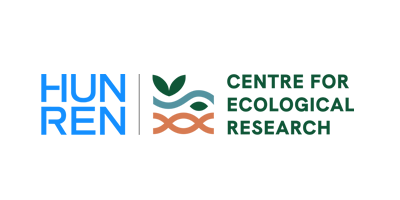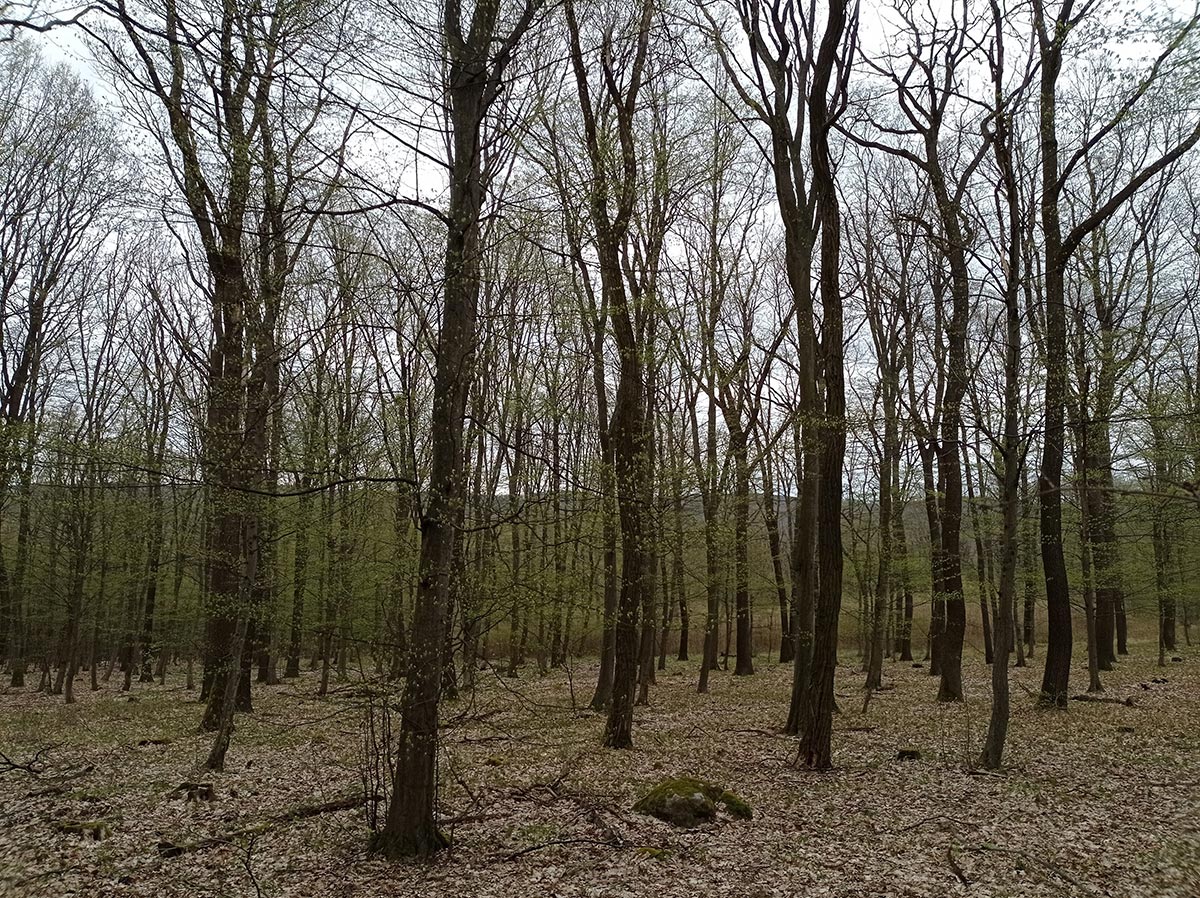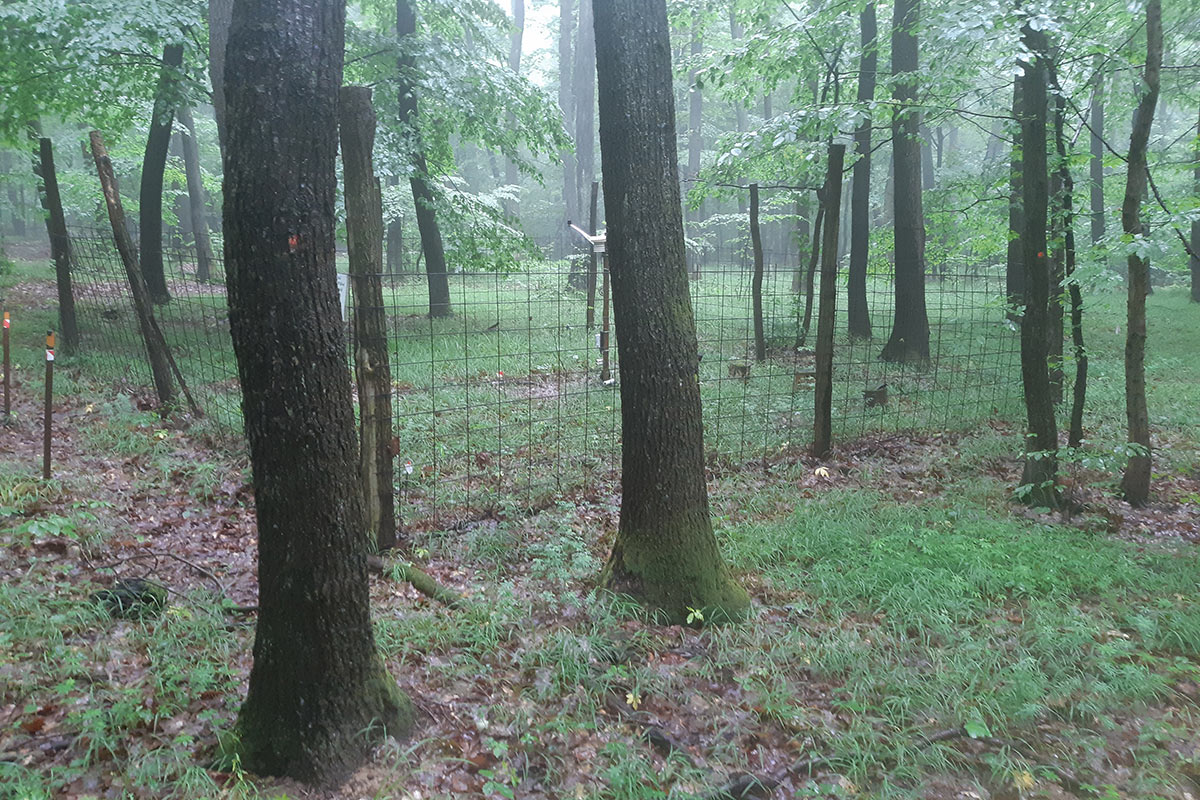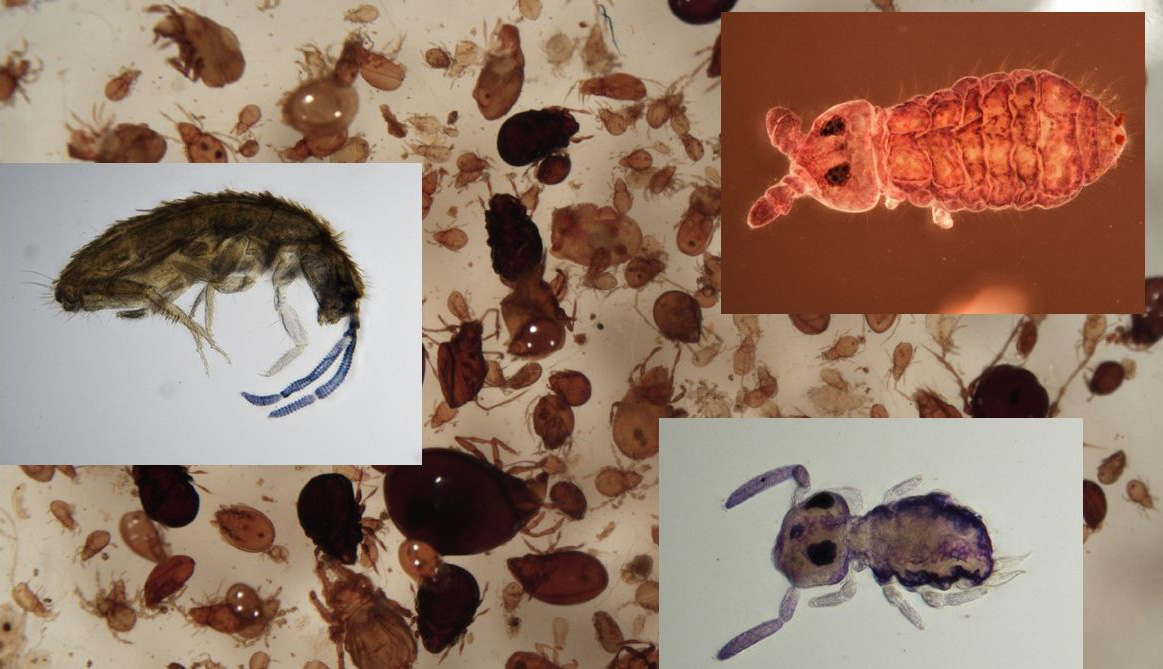Project leader:
Flórián, Norbert
Participating researchers:
Imréné Takács, Tünde; Juhász, PéterPreserving and increasing the naturalness of forests is primarily possible through sustainable forest management. Besides sustainable economics, to preserve the protective, ecological, and touristic functions of forests, different forestry management technologies are needed. Important claims of these technologies are to secure the increasing biodiversity, fertility, renewable capacity, and vitality of forests.
Experts of the Centre for Ecological Research and Pilis Parkerdő Ltd. in 2014 established five different treatments (preparation cutting, clear-cutting, retention tree group, and gap-cutting) in the 70-year-old oak forest stock of the Hosszú-hegy (Hungary) (Pilis Forestry Treatment). Besides that, the Pilis GAP Experiment investigates the effects of forest gaps with different shapes and sizes. In our research we investigate the effects of different forestry managements on forest soil and the diversity of decomposer communities. This research is being carried out in collaboration with two HUN-REN research centres (ÖK and TAKI).
In this project, we aim to investigate the effects of different forest management types on the communities of soil-living mesofauna and the microbiota of the rhizosphere (bacteria, symbiont fungi), especially on their genetic and functional diversity and through that on soil health. We hypothesize, that biodiversity and soil health are inversely related to the degree of disturbance.
The research contributes to the practical implementation of ecologically sustainable forest management and integrated nature conservation in line with global challenges. In the light of our results, the least environmentally damaging method of forest management can be selected in the future.




